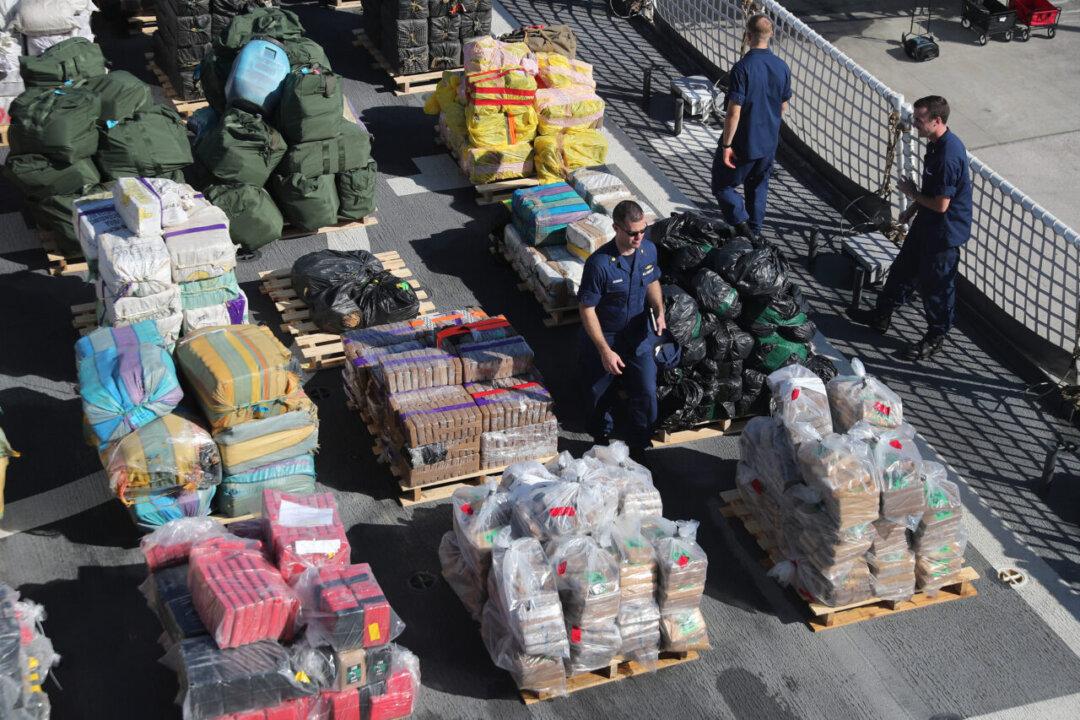A Chinese national pleaded guilty on Monday to conspiracy to commit money laundering in connection with laundering more than $4 million in drug proceeds generated by large-scale cocaine trafficking in the United States.
Xueyong Wu, 40, had relationships with Latin American drug cartels and laundered their U.S.-based proceeds generated through the movement of cocaine or payment for cocaine to appear as if the money came from legitimate sources, the Department of Justice said in a statement.





